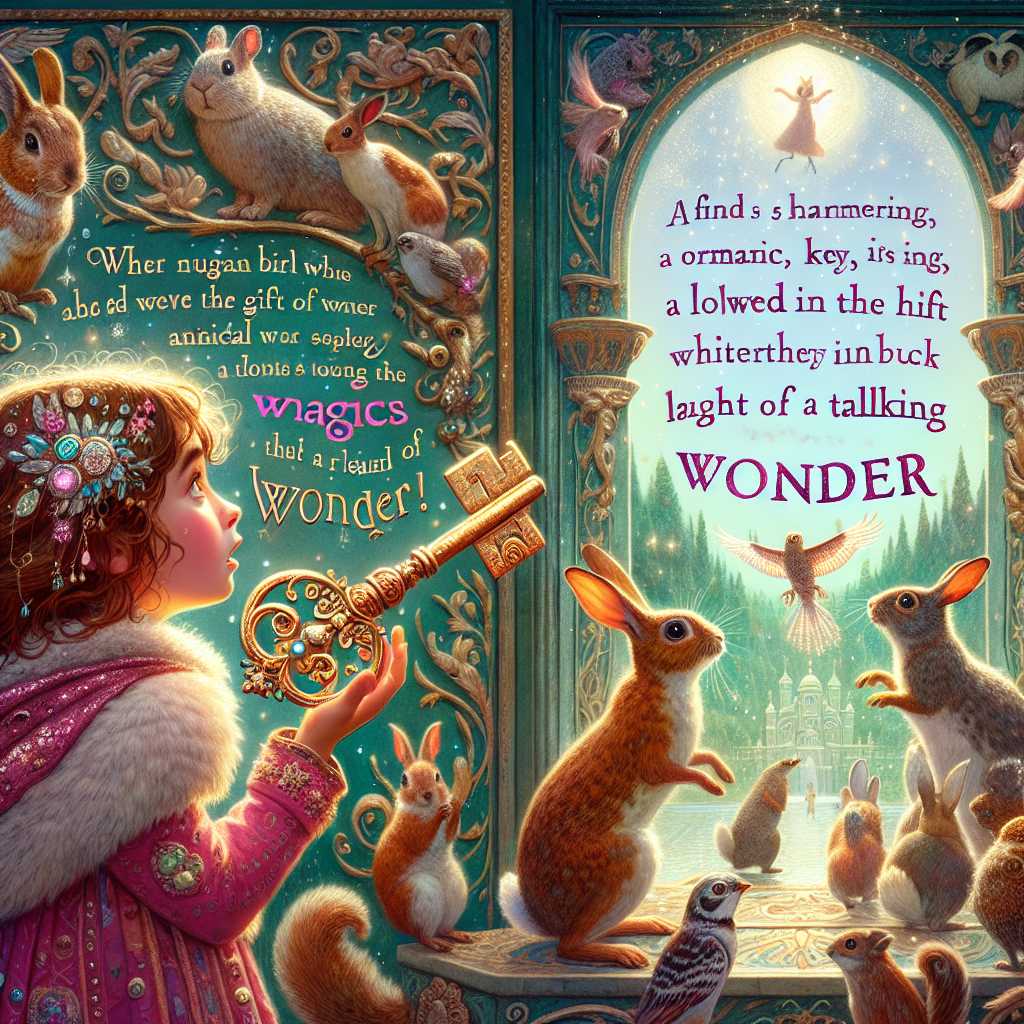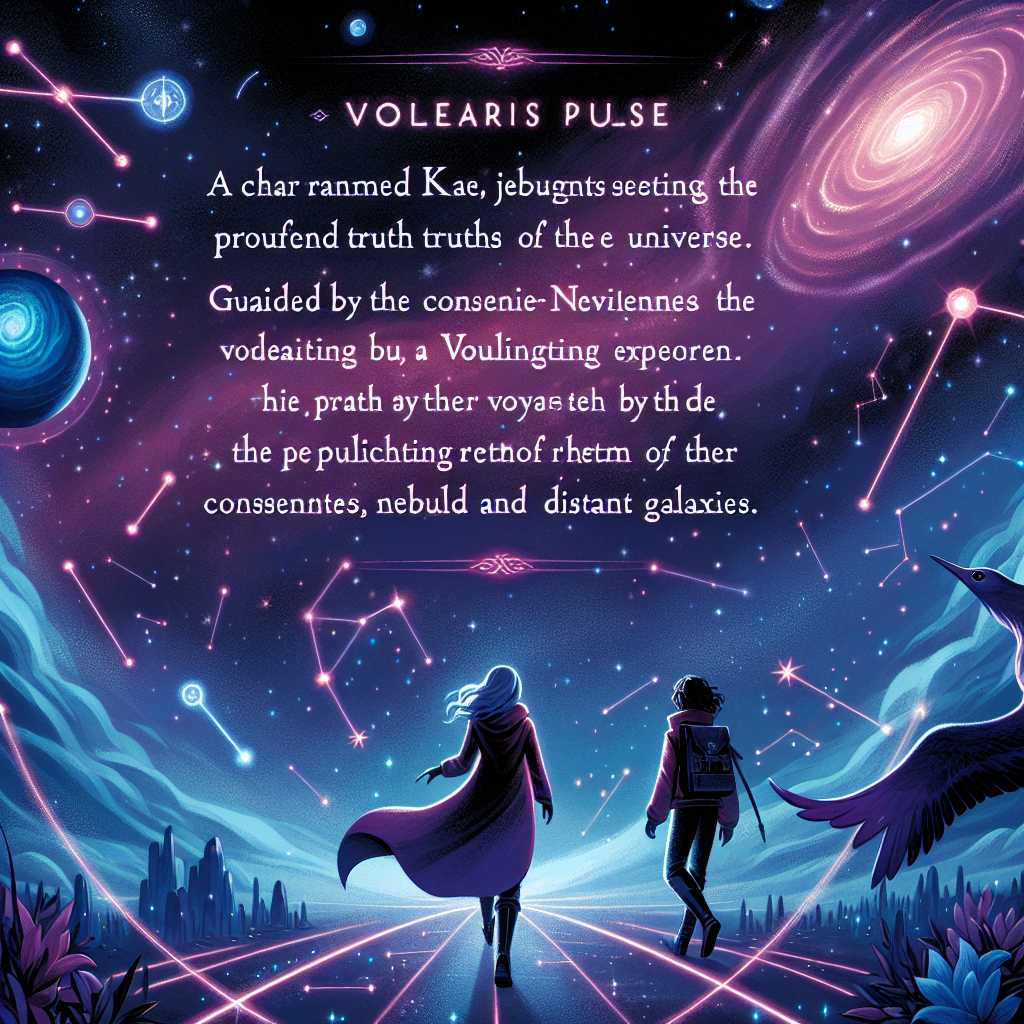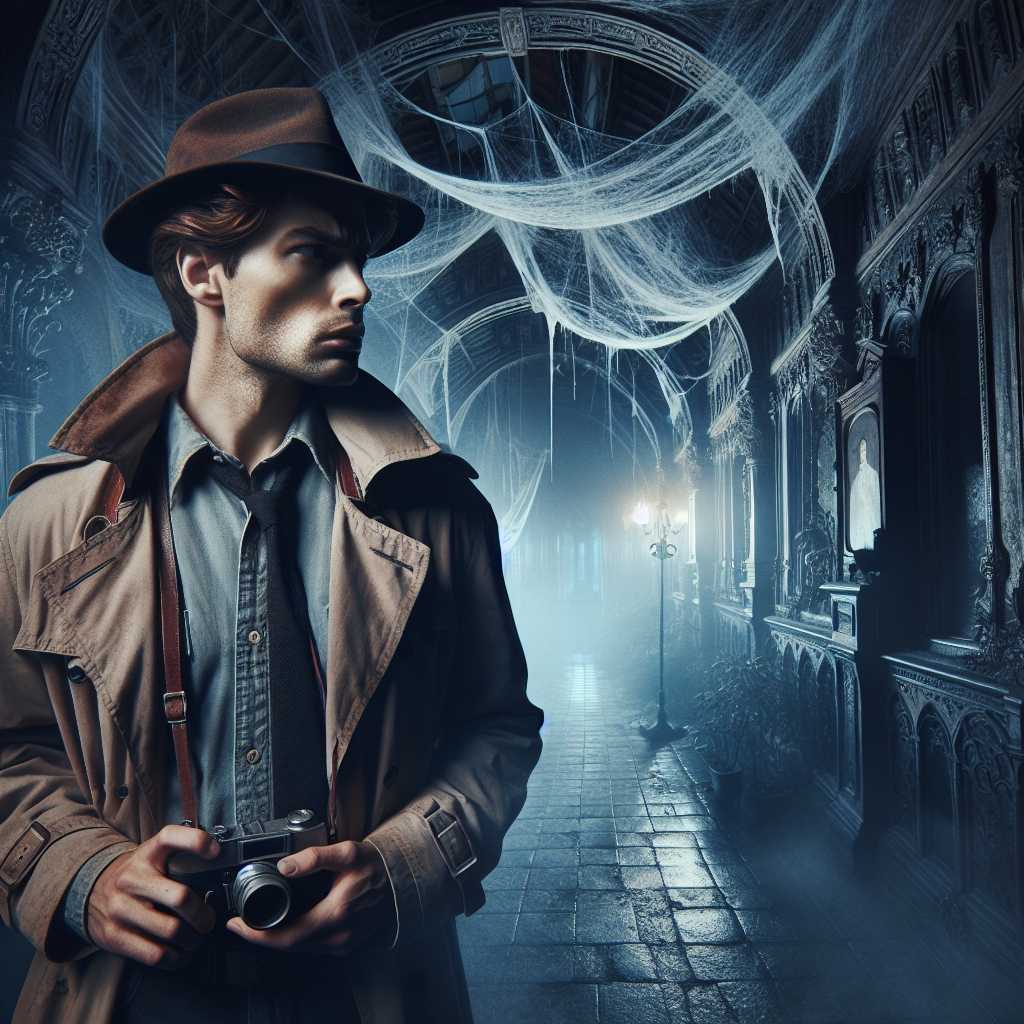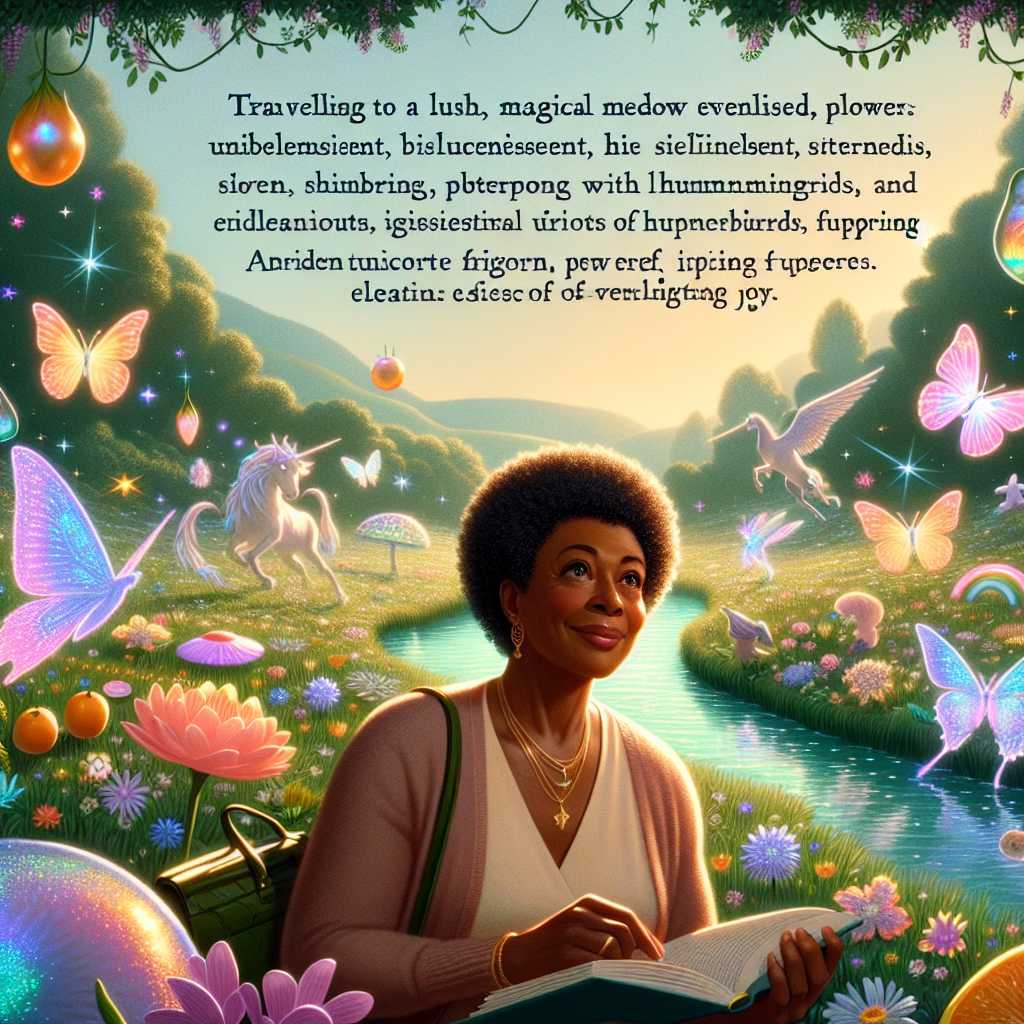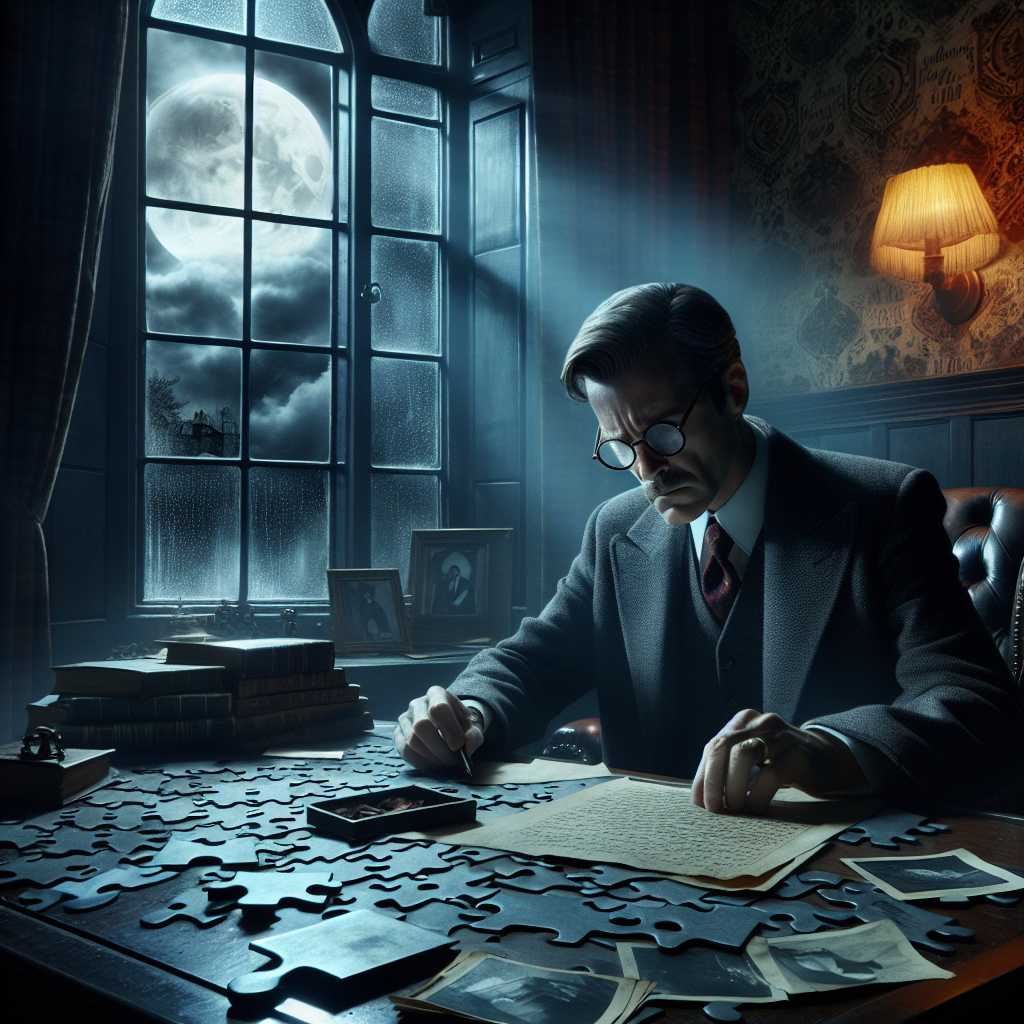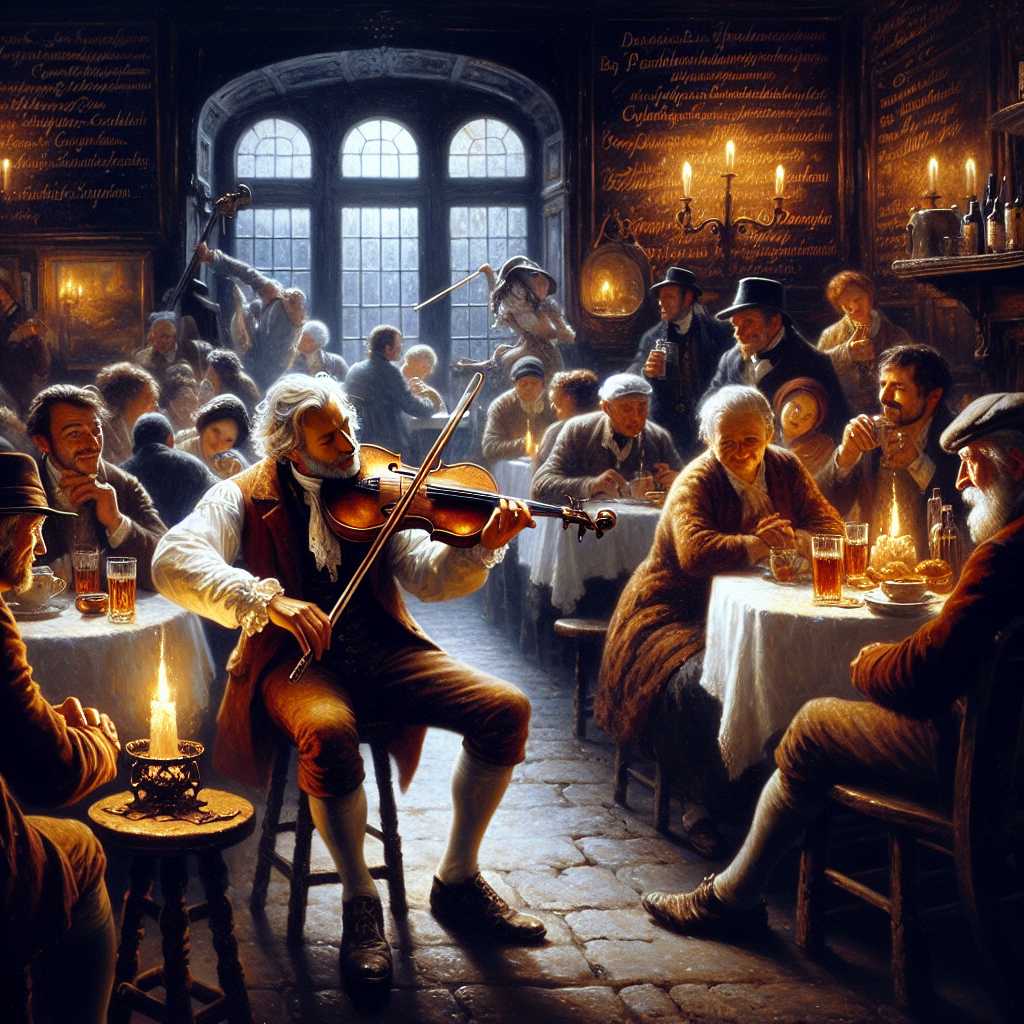
In the heart of 18th-century Vienna, a city pulsing with music and grandeur, there lay a narrow cobblestone avenue known to the locals as Musikgasse. By day, it was a bustling lane filled with merchants and artisans, but by night, it transformed into a vibrant realm of melodies echoing from the taverns and theaters lining its path. It is here, in this symphony of life, that our tale begins.
The protagonist of our story is a musician by the name of Anton Richter. He was an unassuming man, bearing the attire of modest means — worn clothes and scuffed shoes, but always cradling his faithful companion, a violin of exquisite craftsmanship, said to have been crafted by one of the old Italian masters. Despite its appearance, this violin was unlike any other, for it held not only melodies but also the exhausted dreams and whispered hopes of its owner.
Amongst the prominent composers and musicians of the age, Anton was a shadow, a candle flicker in an auditorium of chandeliers. Yet his talent was undeniable to those few who ventured into the intimate corners of Vienna’s lesser-known music halls. Men and women alike sat entranced by the haunting symphonies he crafted, stories weaved through the notes that spoke of love, loss, and longing.
“His music,” the locals would often say, “is a text scribbled across the soul, meant only for those who dare to read it.”
Word of Anton’s extraordinary gift traveled far along the back alleys and whispers of the lower city, reaching the ears of Count Ludwig von Hohenfels, a patron of the arts and notoriously discerning in his tastes. Intrigued by the accounts of this enigmatic violinist, the Count decided to see for himself this mysterious talent.
On a particularly brisk winter’s evening, the Count, clad in a cloak of deep burgundy, arrived unannounced at one of Anton’s performances. Seated inconspicuously at the back, he watched as the violinist took his place on the small, dimly-lit stage.
Anton began to play, and the room fell into a reverent silence. The bow danced across the strings with such a passion that it seemed to conjure spirits from the very walls. The Count, a man unyielding in his emotions, felt his heart stir, like the first breeze after a long winter. The composition was a narrative without words, an opus of human emotion that transcended language.
“This,” whispered the Count to himself, “is a musician touched by the divine.”
Enchanted, the Count approached Anton after the performance, his voice layered with both awe and authority. “You must perform at my estate,” he insisted, “for a gathering of the finest minds in Vienna. It shall be your greatest audience yet.”
Anton, surprised but honored, accepted the invitation with grateful humility. As the day of the performance approached, an anxious excitement mingled with his usual stage jitters. This was an opportunity beyond dreams — a chance to step from the shadows into the light of Vienna’s cultural elite.
The night of the performance arrived, and the Count’s grand ballroom was aglow with chandeliers and abuzz with conversation. Dignitaries, poets, composers, and musicians, all gathered to witness the spectacle of this unheralded violinist. Anton took his place at the center of the room, his violin resting under his chin, its varnish gleaming like candle-lit mahogany.
As he began to play, the notes unfurled like tendrils of mist over a still lake, reaching into the hearts of all present. Though the grandeur of the venue was new, Anton played with the same unrestrained tenderness of the intimacy he knew from the music halls, weaving his tale with every delicate stroke of the bow.
The room was spellbound, the collective breath of its occupants held in anticipation of what each note might reveal. The music swung from joy to sorrow, from youth to age, exploring the vastness of the human spirit in the way only true art can achieve.
Yet, as all things must, the performance came to an end. There was a stillness, a heavy pause that hung in the air, as if time itself were reluctant to move forward. Then came the applause, a thunderous ovation that reverberated through the halls of the Count’s estate, a crescendo of admiration and wonder.
Anton Richter stood at the center, humbled and overwhelmed, acknowledging the acclaim with a simple nod, his heart swelling with a fulfillment he had long sought in each solitary note.
Word of the performance spread, and Anton’s fate changed that night. Invitations and opportunities blossomed where there had once been shadows. He became an oft-spoken name in Vienna’s upper echelons, a newfound legacy written into the annals of the city’s musical heritage.
Yet, in time, history, with its steady march, seeks new stories and names. The details of his life began to fade from memory, as old pages turn to make way for the new. But the music of Anton Richter, though forgotten by the many, continued to echo in the hearts of those who heard it, a testament to a soulful night where music spoke louder than any word.
In Vienna, on certain winter nights, some claimed to hear the specter of Richter’s violin drifting through Musikgasse, a gentle reminder that the power of music and the passion of a forgotten violinist endure beyond the audience of any single performer.



